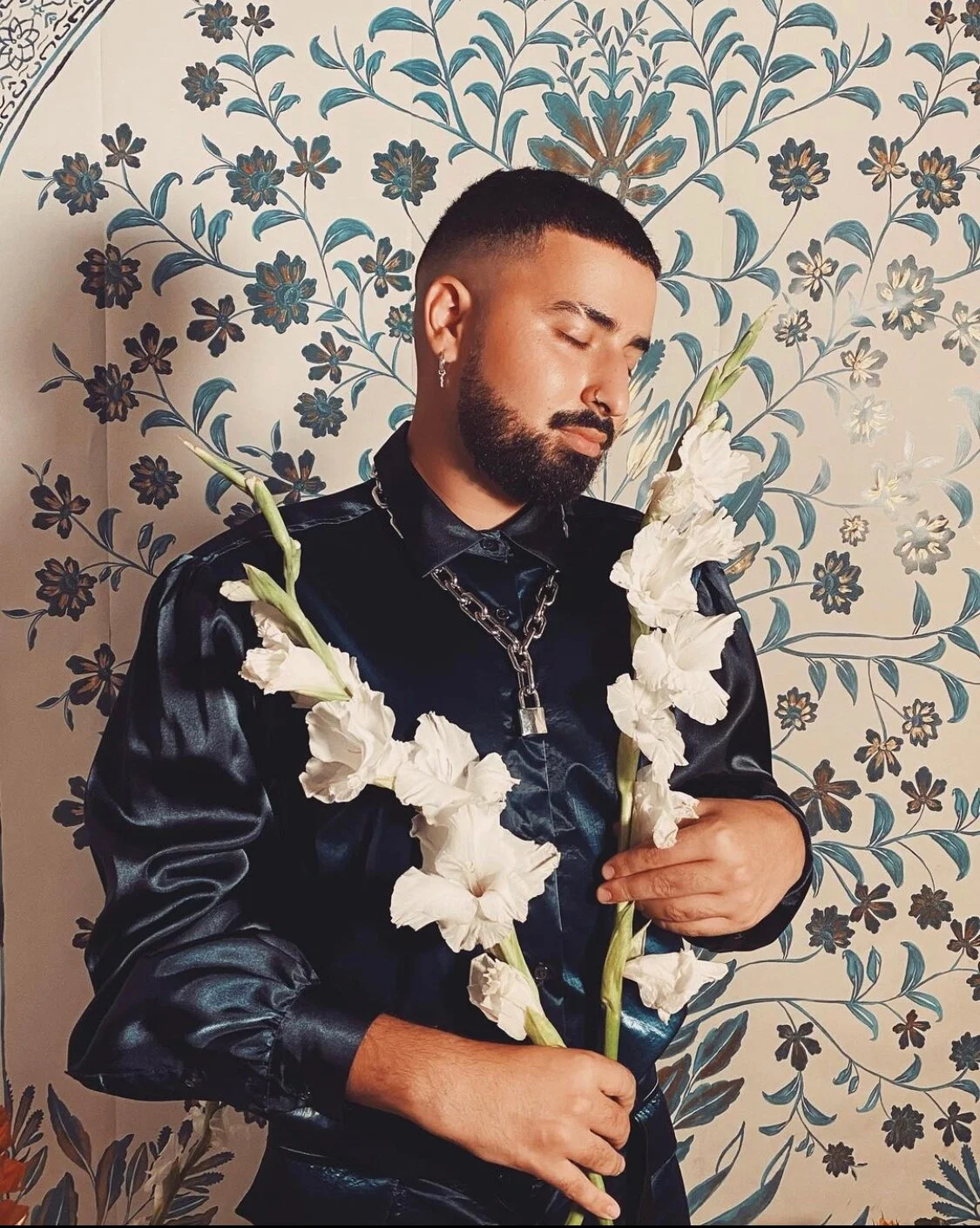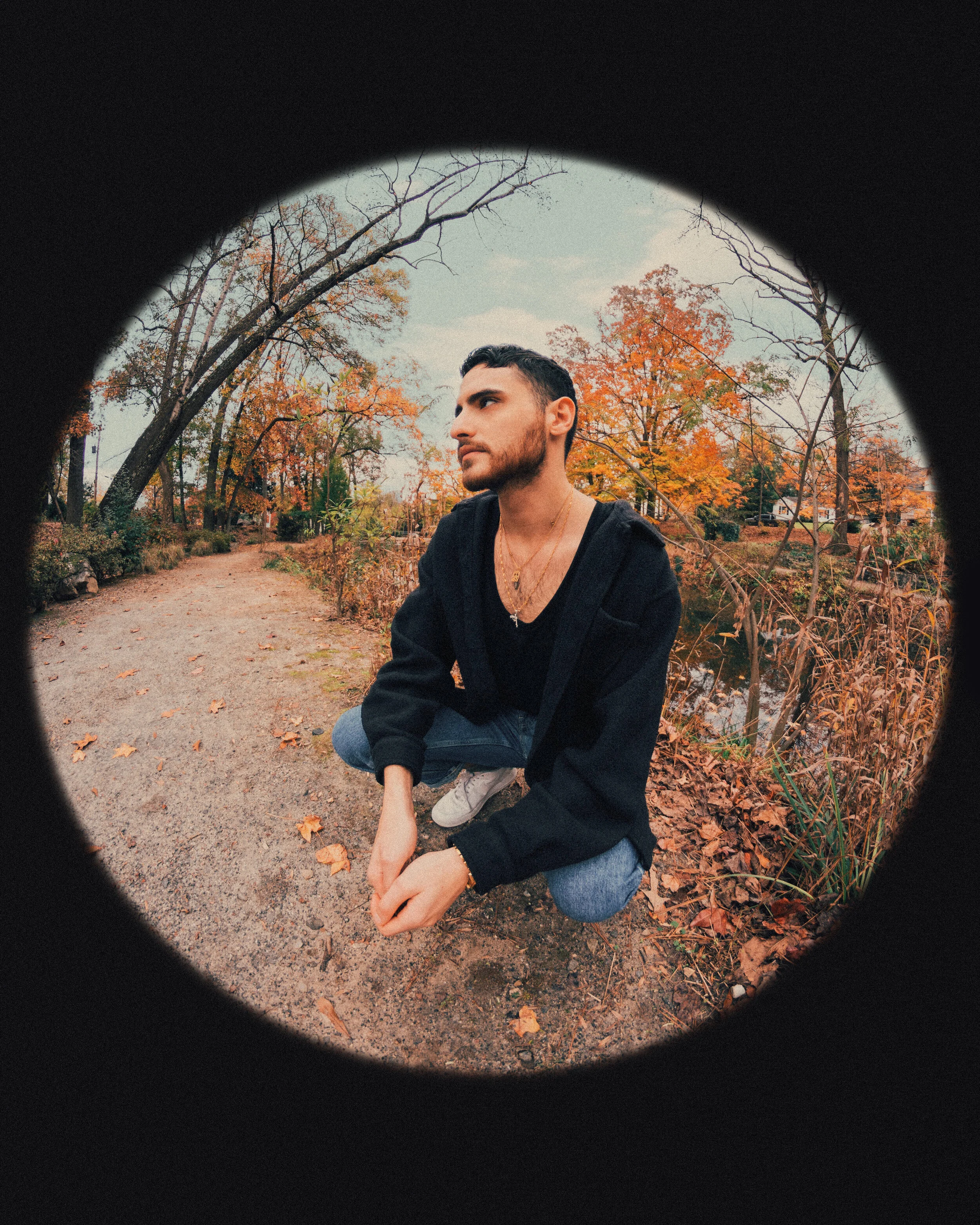A Palestinian you should know: Mohammed Khader
Mohammed Khader, whose mother is from McComb, Mississippi, and dad is from a village in Palestine near Nablus, is a political strategist, analyst, and advocate. He is the policy advisor for Jeramy Anderson, who is running for mayor of Moss Point, Mississippi.
Palestine in America asked Khader about his current and past political roles, solidarity between movements, and advice he has for those looking to start a career in politics.
Palestine in America (PiA): Was there a moment(s) that drove you to begin your career?
Mohammed Khader (MK):My career actually began unexpectedly due to an uncontrollable situation that occurred during my undergrad.Prior to college, I joined a UN major group and began to become engaged in ongoing efforts at the UN. In between classes, and days where I had free time, I would take a train from my campus in New Jersey into New York City to attend meetings and sessions at the United Nations Headquarters. That was around the same period where the SDGs were formally adopted and the Palestinian flag was flown for the first time at the UN HQ. After leaving the UN during those days, I knew this was what I wanted to do as a career.
Soon after, I began to apply my political experiences and assisted peers with political work. That eventually evolved into the political analysis, strategy, and advocacy work I do today.
My path has been very unique, unconventional, and non-traditional.
PiA: What is your earliest memory of participating in political work?
MK: One of my earliest memories of participating in political work was when my school system proposed cuts to arts programming that sought to remove faculty and resources from nearly every school. I was in elementary school at the time.
Much of the advocacy to keep the arts in schools was taken on by parents in the PTSA (Parent, Teacher, Student Association), visual and performing arts instructors, and students who participated in arts programming at their schools.
PiA: How has or does Palestine play a role in your work?
MK: Palestine actively shapes my perspective and informs my positions as I approach respective issues within my work. Given the number of thematic areas that impact Palestine, it naturally intersects with my work across foreign policy and domestic politics.
PiA: What’s a Palestinian adverb, quote, person, poem, or song that you often reflect on in this work?
MK: There are countless pieces of Palestinian wisdom and culture that I often reflect on, but I mostly reflect on the people who are unnamed and unknown to the world — those who experienced the initial annexation of their own land, and those who endure the continued erasure of their history and existence through occupation under oppressive settler colonialism.
My work will always be centered on their historic memory and collective narrative defined by our art, poetry, and such.
PiA: What do you hope to achieve in your line of work?
MK: I recognize that there have been many before me who sought to achieve the many of the same things that I once hoped to achieve — solving global issues, creating sustainable change, positively impacting communities, and so on.
At the end of the day, in addition to attaining sustainable progress and building upon prior efforts, I hope to achieve the dreams of my ancestors — defined by their hope for freedom, justice, and self-determination — and make those who believed in me and my abilities proud.
I do not wish to solely have my work honored or celebrated by materialistic achievements.
PiA: Many times, Palestinians endure marginalization on all sides of the aisle; what obstacles do you face or have you faced, and how have you overcome them?
MK: My perspective, in regards to enduring marginalization on all sides of the aisles, is fairly unique.
As a Palestinian American and a Black African American who grew up in Mississippi in the Deep South of the United States, I have endured anti-Black racism, prejudice, and bigotry from within my own communities and in society at large.
While it has been difficult to approach these issues, it has become something that I have accepted to be conditional while actively working to strengthen my personal connection to my identity.
PiA: What’s your advice to folks looking to deepen their political journeys?
MK: Every person’s political journey is not identical.
We all have varying perspectives, differing lived experiences, and contrasting positions. Regardless, it’s important that you remain true to yourself — from your values, morals, and principles.
It is important to recognize where you need to develop, commit to being intentional, document your journey, and apply yourself as you navigate spaces and topics. Further, we must all seek to unlearn and relearn a lot of what we have been indoctrinated to accept as politics as usual. Never be afraid to ask for help.
PiA: How do you see the Palestinian diaspora intersect with issue-based work amongst other communities?
MK: Similar to the Hmong in the 1970s, South Africans in the 1980s, Rwandans and Balkans in the 1990s, and other groups, the Palestinian diaspora, beyond our status and situation with our homeland, are directly implicated in the issue-based work of other communities.
For example, the ongoing effort of Black African Americans to secure civil and human rights directly impacts the Palestinian diaspora’s pursuit for justice through tools like boycotts, non-violent protest, and solidarity campaigns.
Other issue-based work like immigration reform by the Latin and African immigrant communities, police reform and gun reform by young people, anti-racism efforts by impacted communities, and demilitarization of foreign policy by several communities intersects with the Palestinian diaspora.
We are geographically dispersed, which means the diaspora takes on local issues and subsequently is impacted by similar issues that other communities endure. Even though the diaspora intersects with the work of other communities, as a collective, I believe that there is still more to be done with mobilizing the diaspora to fully contribute in issue-based work of other communities.
PiA: How would you define solidarity?
MK: For me, solidarity is a definitive, dynamic, and daily commitment that connects specific shared issues along a common and collective narrative. It changes and adjusts depending on the needs of the impacted community, and their demands for solidarity. It should not merely be symbolism or something that makes a person feel good for participation points.
PiA: What do you want people to know about you and your experience as a Palestinian in this work?
MK: Personally, as a Palestinian American and a Black African American, my role in this work is that of a strategist, analyst, and advocate.
Similar to other oppressed groups, Palestinians have to cautiously adjust themselves in order to be accepted in various spaces in fear of retaliation or limitations on opportunities. For instance, I have been excluded by gatekeepers, ignored because of my identity, and gaslighted for sharing my perspective from within my own community and society at large.
While my experiences at one point made me ashamed and pushed me away from wanting to embrace my identity, it has been the guidance of Palestinian women who have reassured me and allowed me to find my voice.
I would be remiss to acknowledge that the foundation of my work and experiences in this work has been shaped by the leadership of Palestinian women and femmes, who have been the core leaders of our people pushing for change.
I hope for people to know that we are not a monolith, our community is diverse, and our people are resilient.
PiA: What does a free world mean to you?
MK: A “free world” is an end goal — one of many aspirations confined to the imagination of those historically marginalized by institutions and systems.
It’s a place absent of absolute control or power to dictate a person’s life and circumstances at their own expense. It’s a place that lives up to the highest level of moral convictions, as defined across scripture or as conveyed through the imagery of the great literary and artistic luminaries.
A “free world” is a state of being where a person exists without socio-economic and socio-political determinants like debt, occupation, or credentialism.
To me, a “free world” is what we all must work to achieve in the face of adversity.
PiA: Was there a moment that made you consider leaving political work? What was it and what kept you working in politics?
MK: There have been several moments where I considered walking away from political work, but the one thing that almost pushed me away indefinitely was actually imposter syndrome.
There was a period of time where I went after opportunities I believed I was qualified for, yet time and time again I was denied and unable to secure anything. Naturally, I began to doubt myself, my abilities, and such.
For anyone who has worked in politics, or other very competitive areas, it is common to question yourself and your abilities in times of uncertainty.
After the end of a political appointment in government, I returned to the advocacy space full-time and assisted the Sudanese diaspora during a tumultuous period for their nation and communities in late 2018/early 2019.
Those experiences engaging the diaspora within the U.S. and globally, along with working with the community and sharing my expertise, renewed my desire to work in politics.




